
Inhaltsverzeichnis
Du kannst einen Unterschied machen!
Das Problem
Klimakatastrophe, Umweltschutz, Nachhaltigkeit, zero waste, Minimalismus. All diese Begriffe können überwältigend sein. Alles scheint topaktuell und super dringend zu sein. “Uns bleibt keine Zeit mehr”, “Wann ändert sich endlich was?”, “Die kommenden Generationen sind verloren” – das alles sind Sätze, die in Zusammenhang mit den eben genannten Themen häufig fallen. Beinahe jeder, der sich mit diesen Problemen auch nur geringfügig auseinander setzt, stellt sich irgendwann die Frage, was er selbst tun kann und wie er einen Unterschied machen kann.
Spricht man mit anderen Menschen über Themen wie fleischlose Ernährung oder Umweltschutz, hört man schnell die Aussage: “Es ändert in der Welt doch eh nichts, wenn ich jetzt plötzlich kein Fleisch mehr esse / auf Strohhalme verzichte / weniger mit dem Flugzeug reise / …”. Und weil zu viele Menschen so denken, leben wir in der Welt, in der wir leben. Den Ansatz hinter dem Gedanken kann ich verstehen. Schließlich bekommen wir in unserer Gesellschaft öfter Mal das Gefühl, ein Einzelner sei unbedeutend. Die Welt kommt einem riesig vor und diese Probleme sollten “mächtige” Personen wie Politiker regeln.
Was dahinter steckt…
…ist jedoch eigentlich Angst. Es ist leichter für mich, schwierige Situationen oder Probleme zu ignorieren oder zu bestreiten, weil ich mich dann nicht mehr damit auseinandersetzen muss. Geht es um das Ignorieren persönlicher Probleme, holt uns das aber irgendwann ein. Eine Steuererklärung, ein Streit, eine Krankheit – all diese Dinge lassen sich schließlich nicht ewig unter den Teppich kehren.
Wenn es allerdings um Nachhaltigkeits-Themen geht, sehe ich dabei zwei Schwierigkeiten. Zum einen scheinen Auswirkungen der Probleme extrem weit in der Zukunft zu liegen. Dadurch erkennen wir die Dringlichkeit des Problems nicht und denken uns unterbewusst: “Darum kann ich mich auch später noch kümmern”. Die zweite Schwierigkeit sehe ich darin, dass man nicht direkt das Gefühl hat, persönlich betroffen zu sein. Uns geht es (zumindest auf diesem Teil der Erde) so gut, dass wir uns gar nicht vorstellen können, dass das irgendwann mal nicht mehr so sein könnte. Wasser, ein ausgeglichenes Klima oder Nahrung sind für uns grundlegende Dinge, die quasi immer zur Verfügung stehen – sie sind einfach da. Die Vorstellung, dass es zu Nahrungsmittelknappheit oder extremeren Wetterbedingungen kommen kann, scheint so absurd, dass wir diese Bilder direkt wieder aus unseren Köpfen streichen.
Ich denke dass man sich, was das angeht, ganz gut etwas von unseren Großeltern abschauen kann. Viele von ihnen haben den Krieg miterlebt – und so auch die Folgen davon. Die Umständen dazu sind natürlich andere gewesen, und sie hatten womöglich nicht so viel Einfluss auf die Situationen wie wir jetzt. Aber oftmals sind nachhaltige Verhaltensweisen, ein wertschätzender Umgang mit materiellen und nicht materiellen Dingen und die Einstellung zu Verschwendung Dinge, die wir uns von ihnen abschauen können oder uns dabei helfen, uns selbst zu hinterfragen.
Übrigens findest du hier einige Nachhaltigkeits-Tipps, die wir uns von älteren Generationen abschauen können.
Zurück zum Punkt
Der Punkt ist, dass die Auswirkungen sehr wohl kommen werden und dass wir sehr wohl persönlich betroffen sind und sein werden. Deswegen ist es umso trauriger, wie viele noch immer die Augen verschließen oder das Gefühl haben, sie allein könnten keinen Unterschied machen.
Was kann ich tun?
Kommen wir jetzt dazu, wie du einen Unterschied machen kannst.

Das Problem mit der kognitiven Dissonanz
Meiner Meinung nach ist mit das Beste, was man tun kann, ein positives Vorbild für andere zu sein. Dabei sollte man sich aber besser nicht aufdringlich oder missionierend verhalten, denn das kann schnell nach hinten losgehen. Werfe ich jemandem quasi an den Kopf, verschwenderisch zu sein oder die Umwelt zu belasten, geht derjenige oder diejenige ratzfatz in die Defensive. Denn in diesem Moment wird das Ego des Anderen verletzt – die Person merkt, dass ich eigentlich “Recht habe”, mit dem was ich sage, aber möchte sich das nicht eingestehen – denn dann wäre er oder sie ja eine “schlechte Person”. Im Kopf der angesprochenen Person entsteht eine kognitive Dissonanz: Das Verhalten steht im Widerspruch zu dem von dem man weiß, dass es eigentlich richtig ist.
Das fühlt sich unangenehm an und der Mensch hat verschiedene Möglichkeiten, diese kognitive Dissonanz aufzulösen. Entweder verändert er sein Verhalten (und bringt beim nächsten Coffee-Date beispielsweise einen wiederverwendbaren Kaffeebecher mit) oder er verändert seine Gedanken (und denkt sich Dinge wie “Dieser eine Plastikbecher mehr macht doch jetzt auch keinen Unterschied”). Die Gedanken zu ändern ist in solchen Fällen oftmals leichter, als das eigene Verhalten zu ändern. Schließlich erfordert dies Zeit, Mühe und Disziplin. Und an dieser Stelle wären wir wieder bei dem Verleugnen von Problemen. Personen leugnen, dass der eine Strohhalm / Plastikbecher / was-auch-immer in der Welt einen Unterschied macht. So muss er oder sie sein bzw. ihr Verhalten erstmal nicht anpassen. Auf das Gegenüber, im Beispiel auf mich, wird dann abwehrend und defensiv reagiert – da man das eigene Verhalten ja nicht in frage stellen möchte.
Mach dein Ding!
Lange Rede kurzer Sinn – mach du einfach dein Ding. Das wird schneller auf andere abfärben als du denkst. Schon dadurch, dass ich mehr darauf achte, was ich kaufe oder wie es verpackt ist, dadurch dass ich Plastikverpackungen oder Strohhalme wenn möglich ablehne oder davon erzähle, dass ich ein umweltschonendes Putzmittel selbst gemacht habe oder meine Kleidung second hand gekauft habe, können sich auch die Einstellungen meiner Mitmenschen ändern. Denn diesmal fühlen sie sich nicht angegriffen, sondern inspiriert. Sie denken: “Wenn die das kann, dann kann ich das auch.”. Oder: “So schwer scheint das ja gar nicht zu sein”.
Man muss also nicht direkt zum perfekten Zero-Wastler oder zur nächsten Greta Thunberg werden (wo natürlich aber auch nichts gegen spricht ). Schon indem man anderen Leuten ein positives Vorbild ist, kann sich so einiges ändern. Also kannst du wohl einen Unterschied machen – und zwar einen echt Großen! Damit bist du quasi ein #NachhaltigkeitsInfluencer. Okay, vielleicht ist das kein Titel, den man unbedingt anstrebt. Aber die Umwelt wird es dir danken. Und die Ausrede “Ich kann ja eh nichts ändern” ist damit bitte ab heute Geschichte.
Niemand von uns ist perfekt. Der Weg zu einem nachhaltigen, müllfreien und umweltfreundlichen Leben ist nicht immer einfach und erfordert Durchhaltevermögen. Aber tust du, was DU kannst, dann trägst du schon sehr positiv zu einer besseren Welt bei. Mach den Anfang und sieh, wie sich dein Umfeld auch ändert. Manchmal brauchen die Leute nämlich nur jemanden, der ihnen zeigt, wie es geht. Und diese Person kannst du sein. Reicht das nicht schon?
Wenn dir das gefallen hat und du noch mehr über gesunde Ernährung, Achtsamkeit oder Nachhaltigkeit erfahren möchtest, schaue dir hier viele weitere spannende Blog-Artikel zu diesen Themen an.








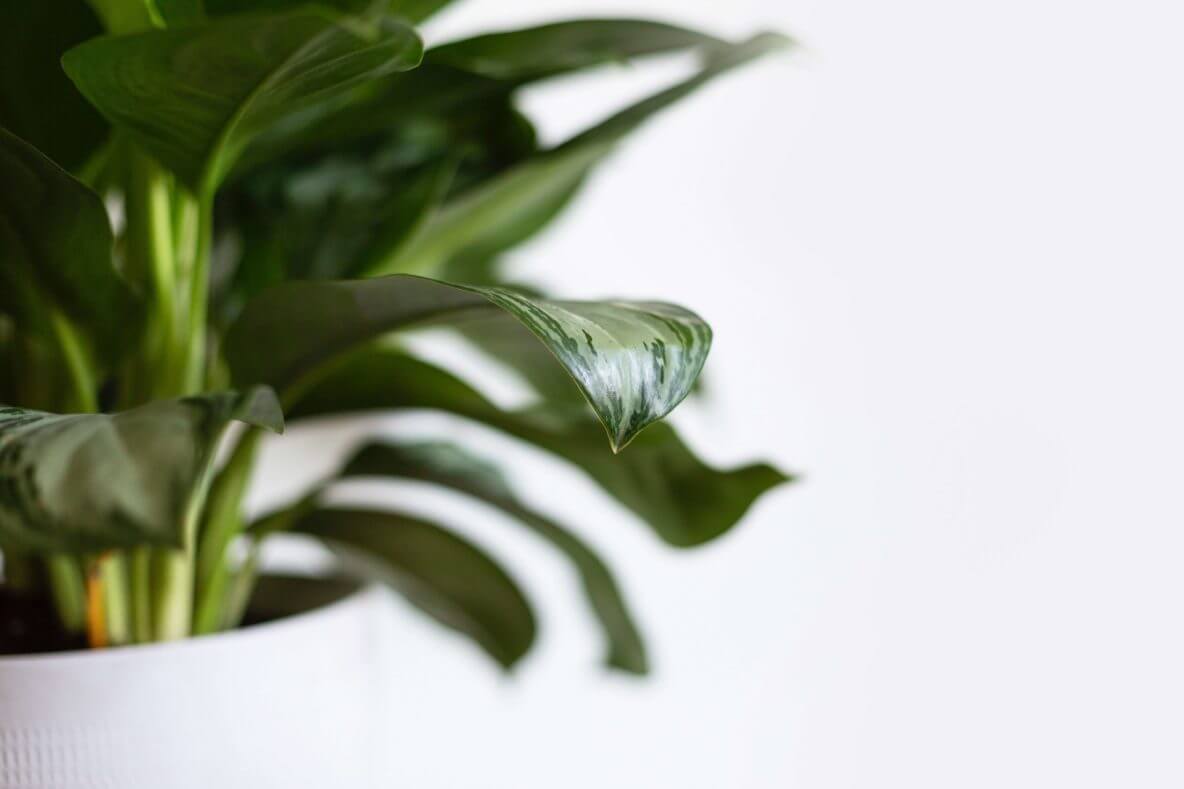
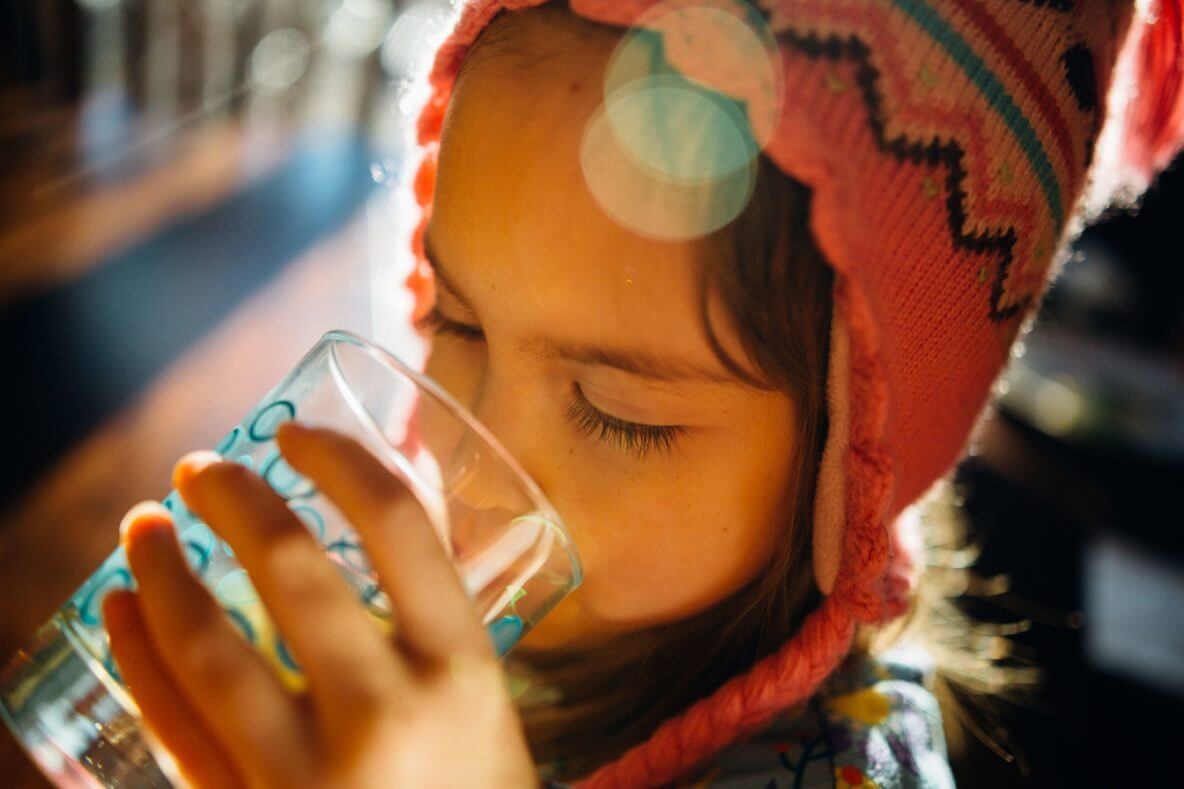












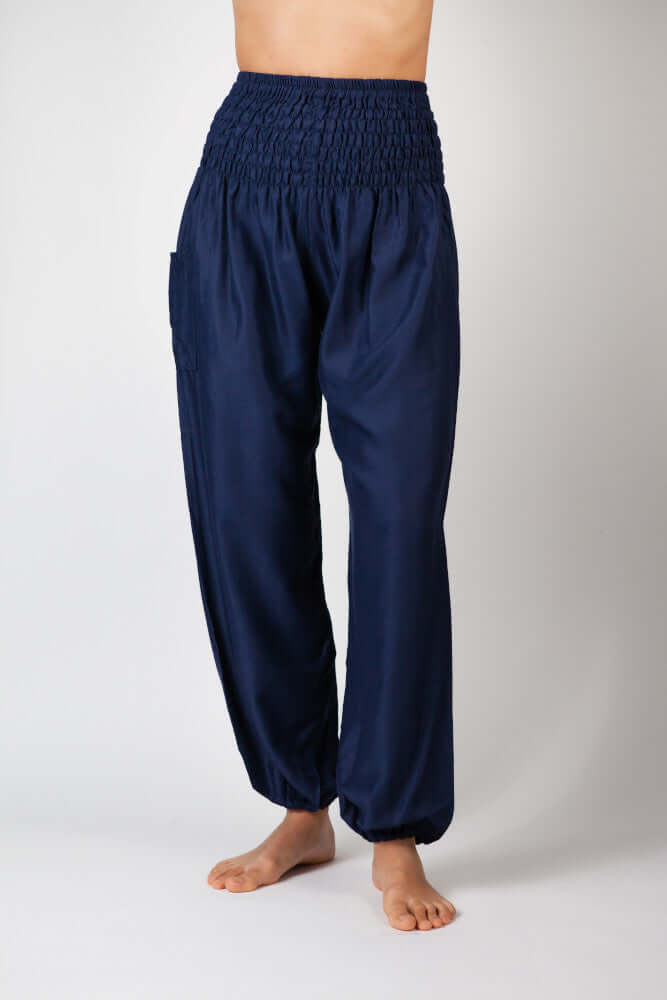
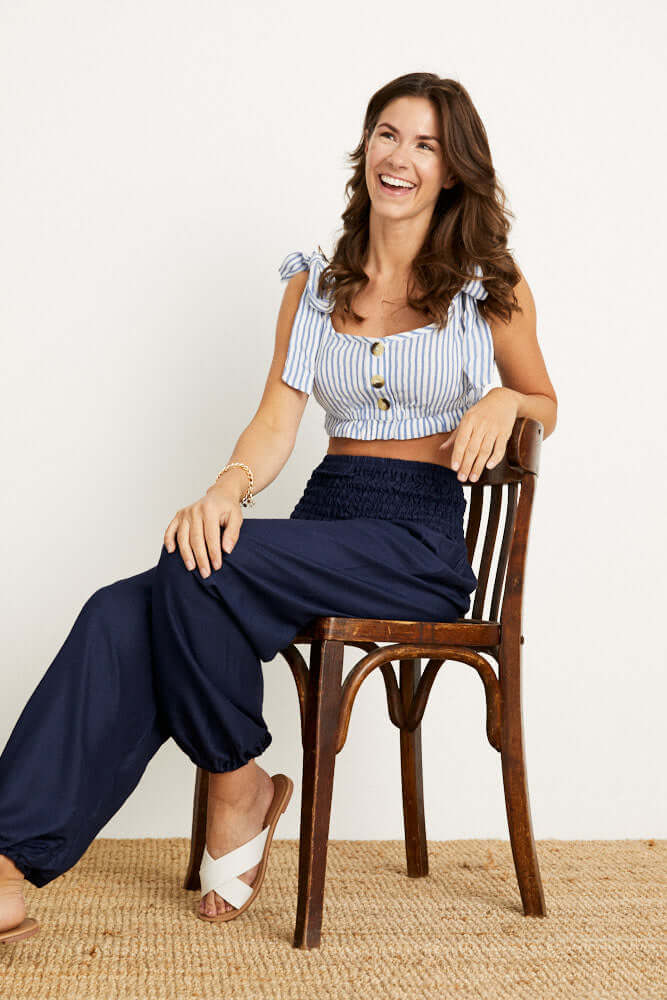
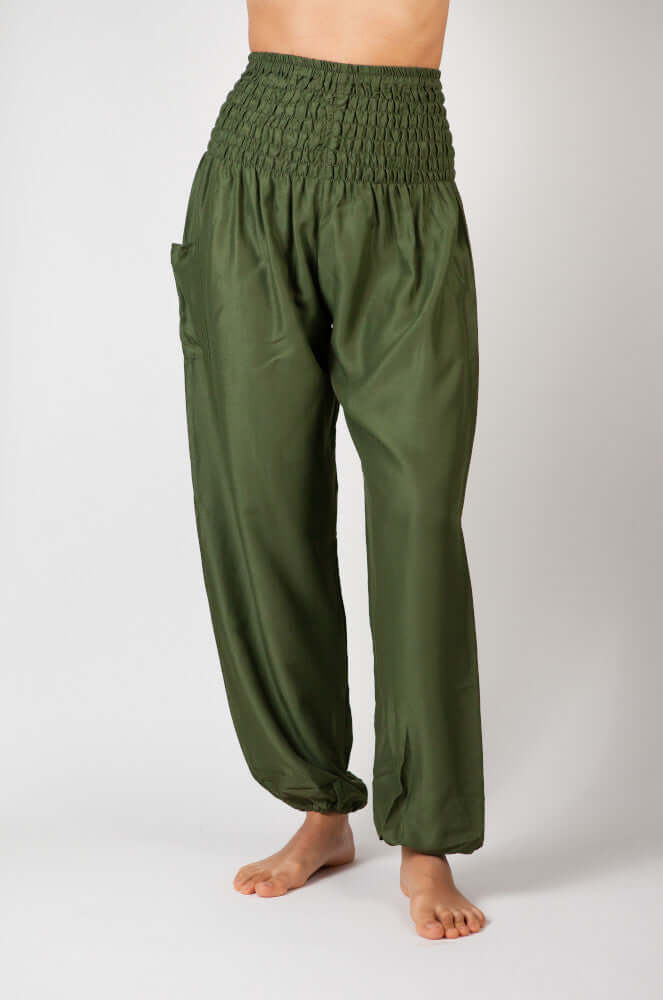
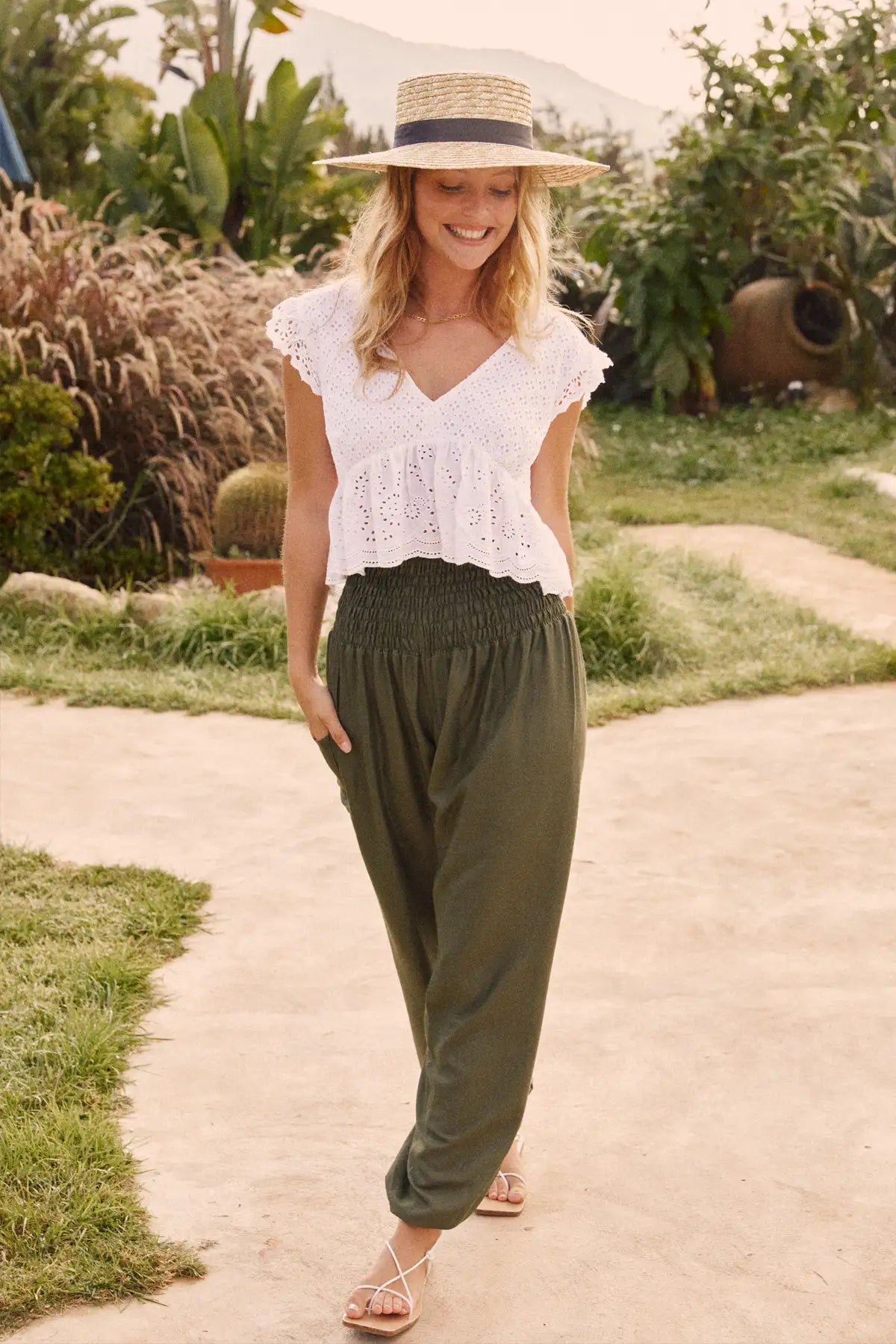
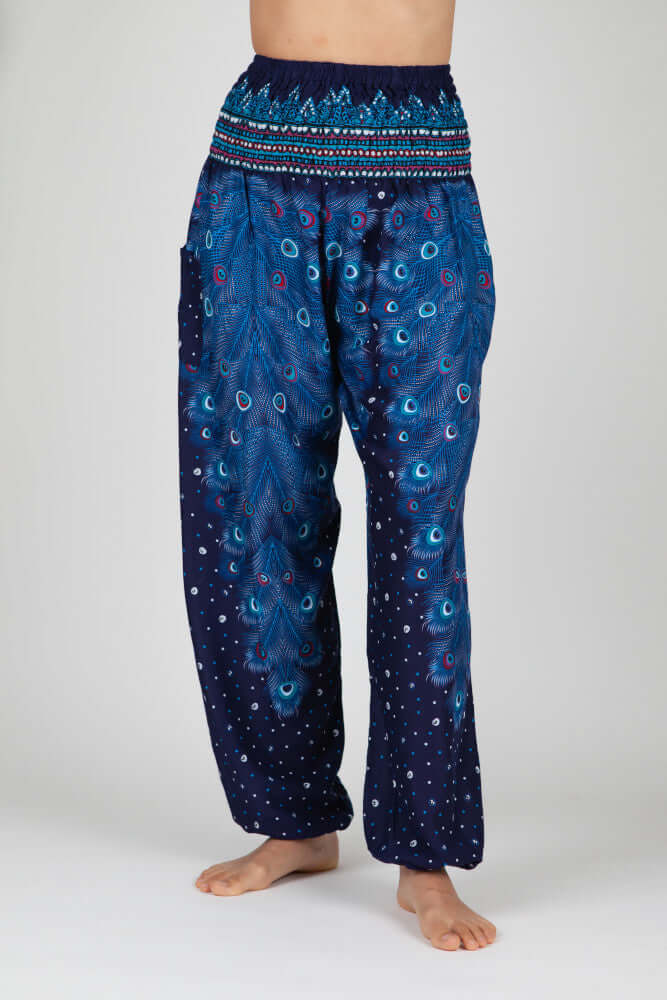
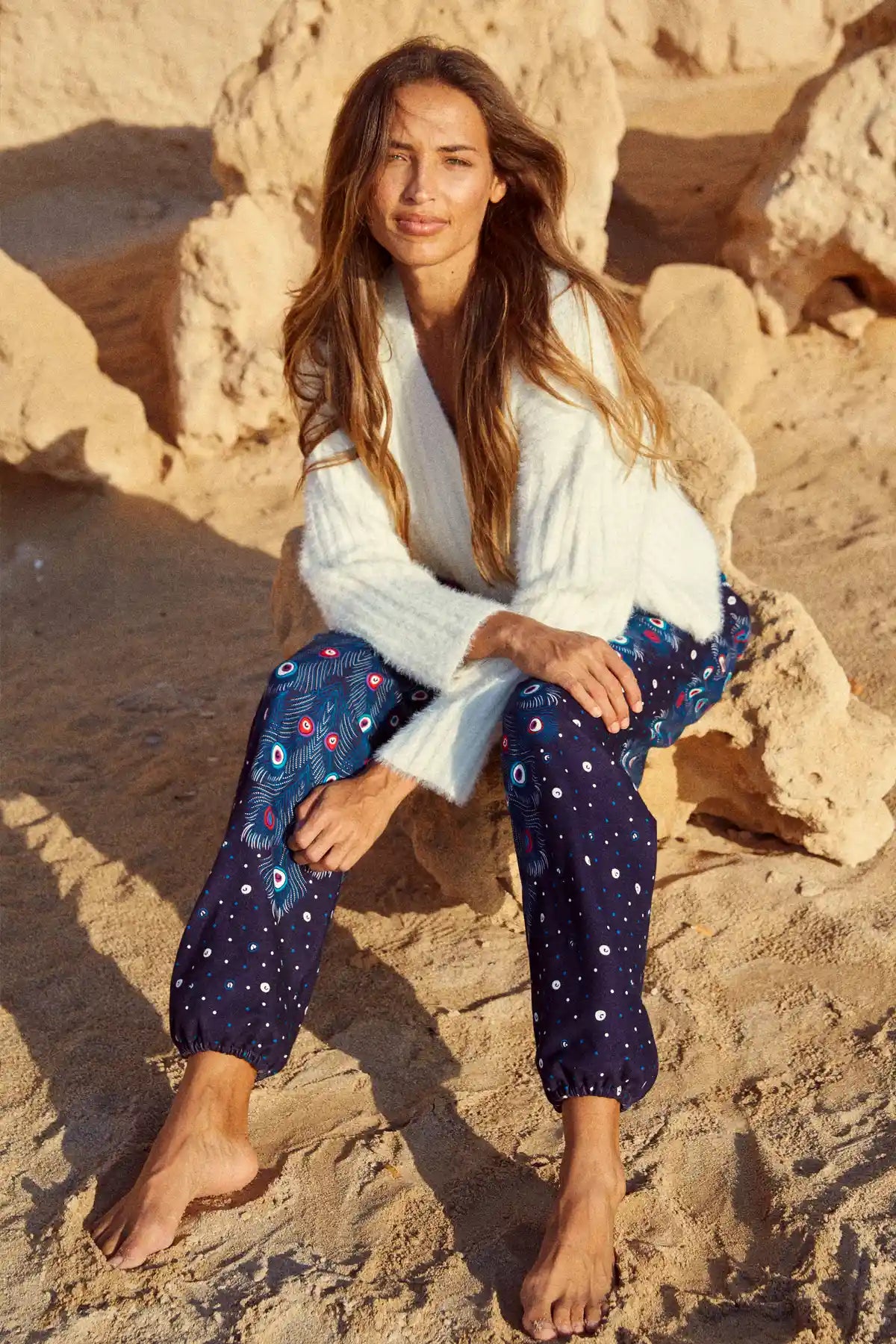
Leave a comment
This site is protected by hCaptcha and the hCaptcha Privacy Policy and Terms of Service apply.